Transforming Training: The Role of VR/AR Studio Centers
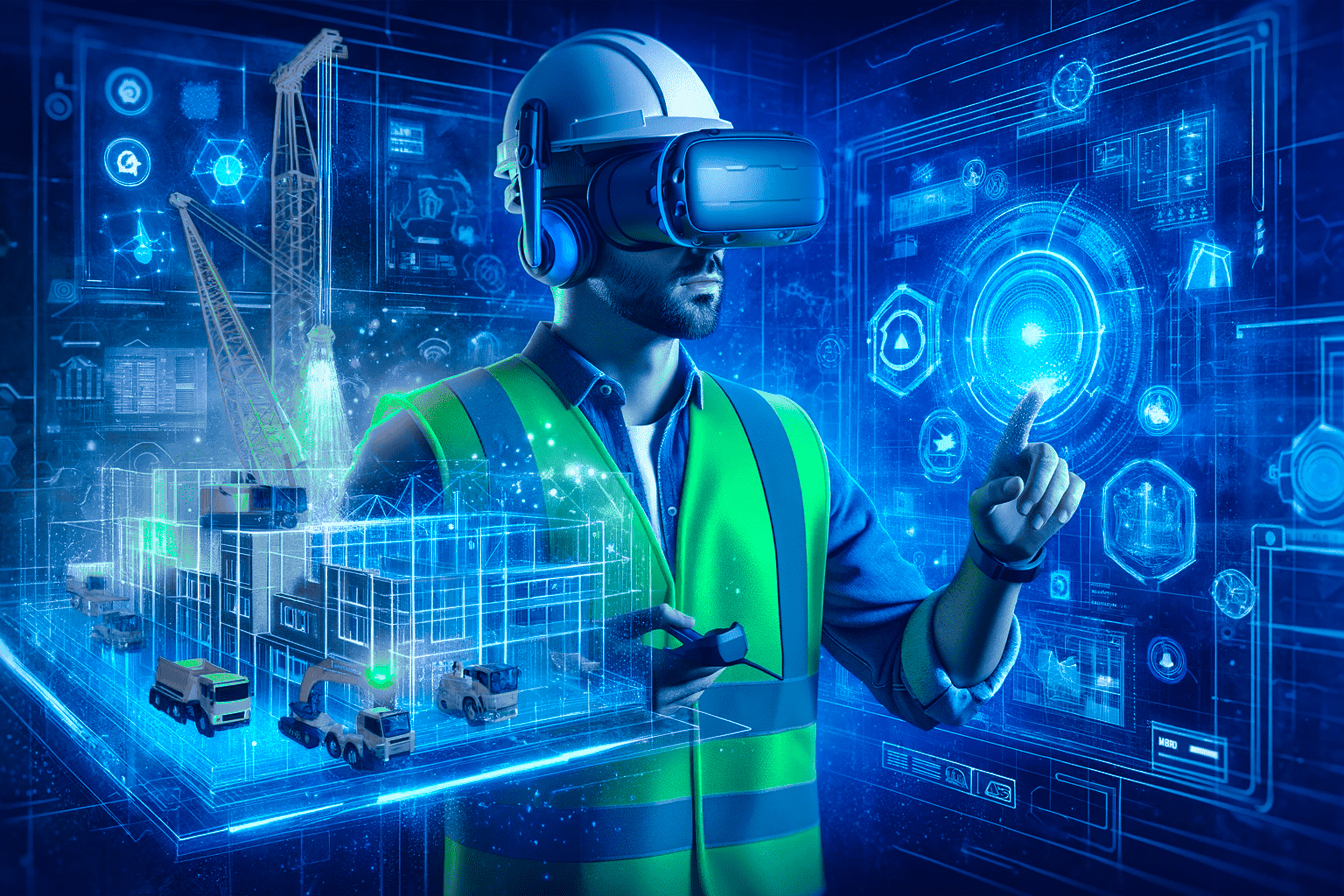
The Concept of VR/AR Studio Centers
VR/AR studio centers are dedicated facilities designed to create, develop, and implement immersive training experiences. These centers combine advanced technology with instructional design to deliver interactive simulations and scenarios tailored to specific training needs. By leveraging VR and AR, organizations can provide employees with hands-on experience in a controlled, risk-free environment, enhancing the effectiveness of their training programs.
Benefits of Immersive Training Experiences
One of the most significant advantages of VR/AR training is the ability to engage learners actively. Immersive experiences can lead to higher retention rates and a better understanding of complex concepts. For example, medical trainees can practice surgical procedures in a simulated environment, reducing the risks associated with real-life practice. Additionally, VR/AR training can be customized to suit different learning styles, catering to visual, auditory, and kinesthetic learners alike.
Industry Applications of VR/AR Training
Various industries are reaping the benefits of VR/AR studio centers. In healthcare, simulations help medical professionals refine their skills without jeopardizing patient safety. In manufacturing, AR can overlay instructions on machinery, guiding workers through complex assembly processes. The military uses VR for tactical training, allowing soldiers to practice scenarios in a virtual battlefield. These applications demonstrate the versatility of VR/AR technology across sectors.
The Future of VR/AR in Training
As technology advances, the potential for VR/AR studio centers continues to grow. Innovations like haptic feedback, improved graphics, and AI-driven scenarios promise to make immersive training even more effective. Furthermore, as the cost of VR/AR technology decreases, more organizations will have access to these tools, expanding their use in training programs globally. This evolution signifies a shift toward more experiential learning, where engagement and interaction are prioritized.
Conclusion
VR/AR studio centers are revolutionizing the training landscape, offering innovative solutions that enhance learning experiences across various industries. By providing immersive, interactive environments, these centers help learners acquire skills more effectively while minimizing risks associated with traditional training methods. As technology continues to advance, the potential of VR/AR in training will only expand, paving the way for a future where immersive experiences are integral to professional development. Embracing these technologies now is crucial for organizations aiming to stay competitive and prepare their workforce for the challenges of tomorrow.
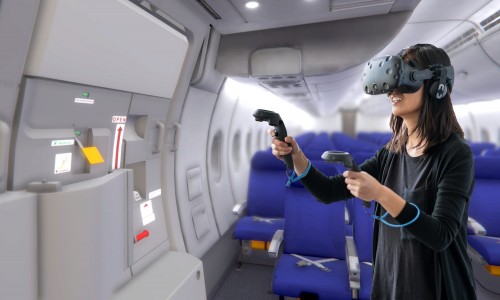

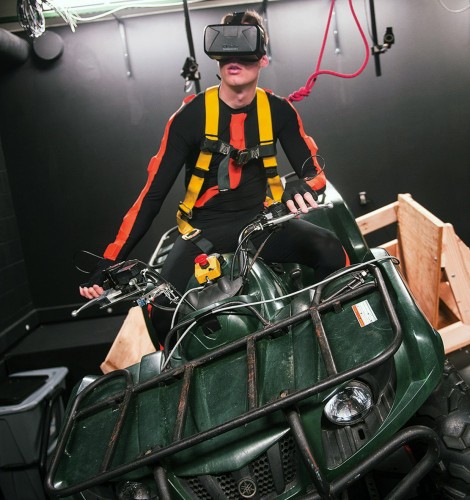
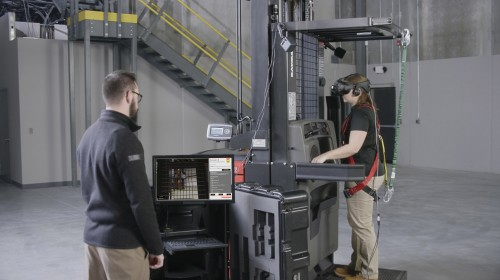
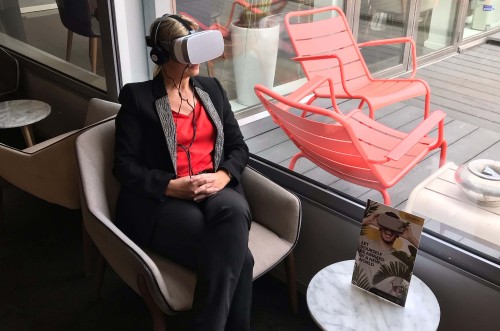
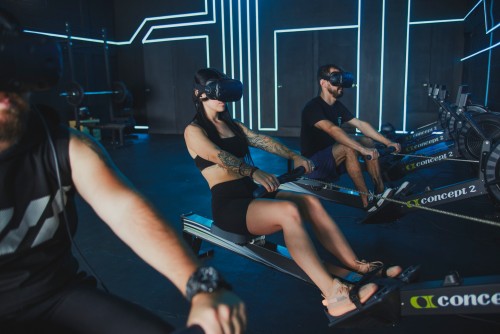

 Call
Call
 Mail
Mail